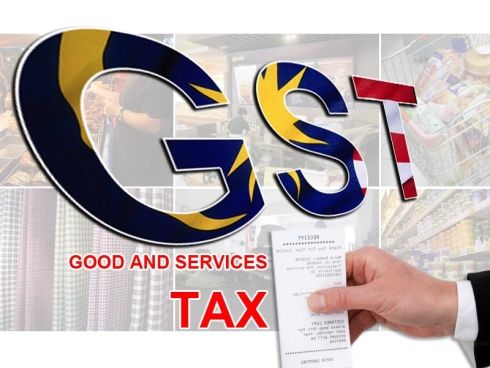Malaysia may introduce the goods and services tax (GST) when Budget 2014 is tabled on Oct 25. This is prompted by worries of a ratings downgrade should Malaysia’s fiscal deficit remain unresolved.

According to Fitch Ratings, one of the Top three global ratings agencies, the public finances remained as the country’s main weakness, namely the high federal government debt that stood at 53.3% of GDP at end of 2012 compared to 51.6% at end 2011. At the same time, the country’s low fiscal revenue base stands at 24.7% of GDP compared with the median of other A rated countries at 32.8%.
On of the steps that the government will take to improve the country’s fiscal position is the implementation of GST. Currently, there’s a very narrow tax base where less than 11% of all registered companies and less than 15% of the labor force pay taxes. Thus, GST will be a solution to broaden the tax base and increase revenue.
The GST is going to replace the existing sales and services tax (SST) instead of adding on it. It will likely be 4%. But, there may be tax exemptions on basic necessities such as rice, sugar, flour, vegetables and fish. Also, there will be tax exemption for businesses with annual revenue of MYR500,000 or below.
However, in the worst case scenario whether the country’s sovereign rating is downgraded, we may experience rising costs. The cost of borrowing will also increase; this will translate into a higher cost of doing business which will mean a further loss of the country’s competitiveness. This may eventually translate into rising prices of consumer goods and over the time, a higher cost of living in the country.
